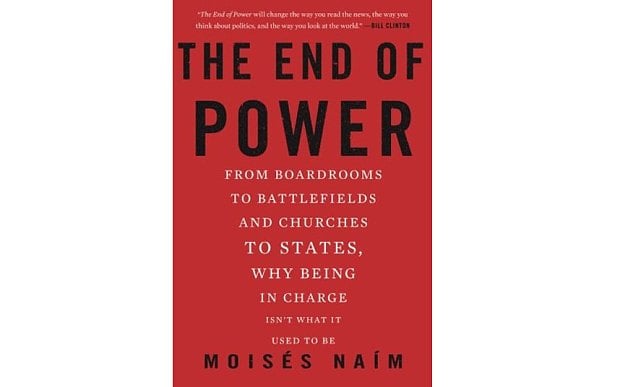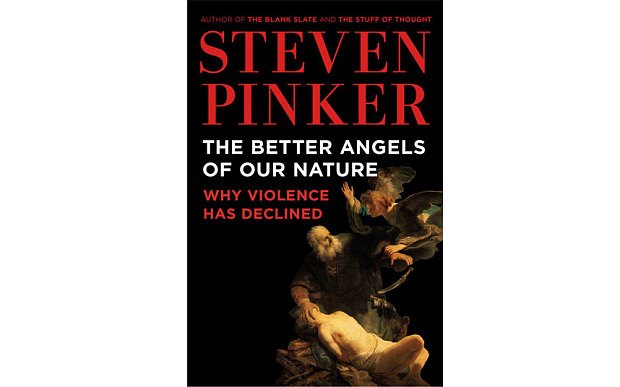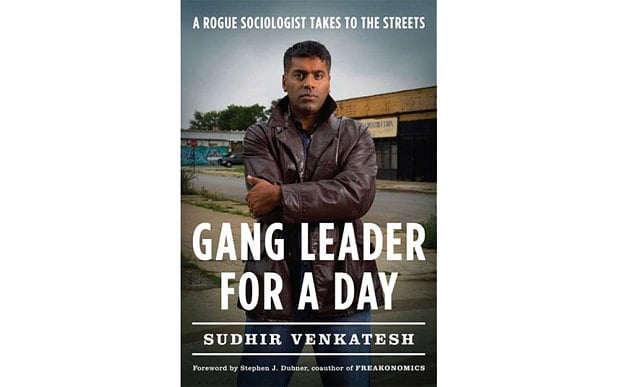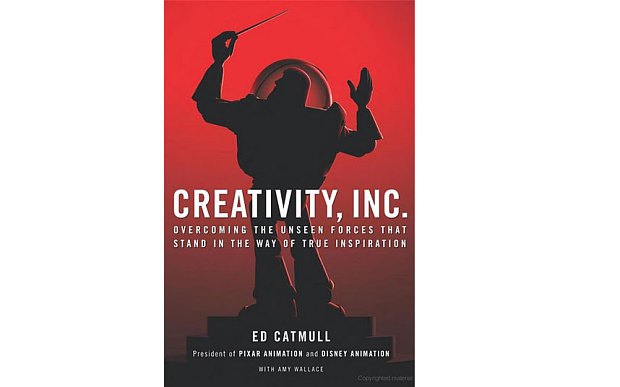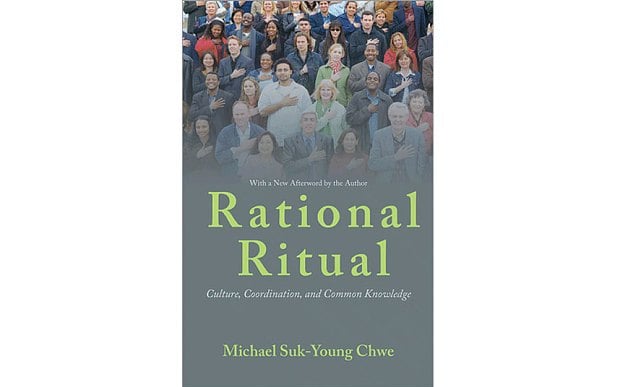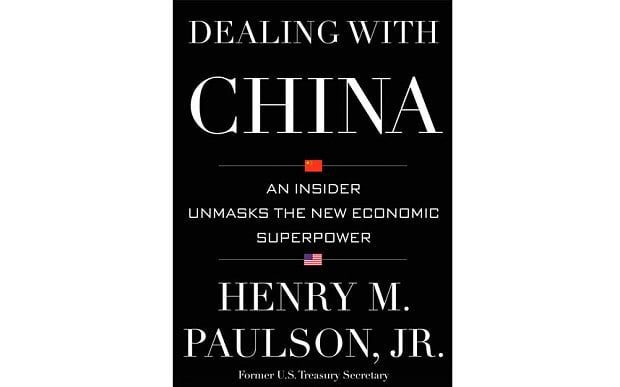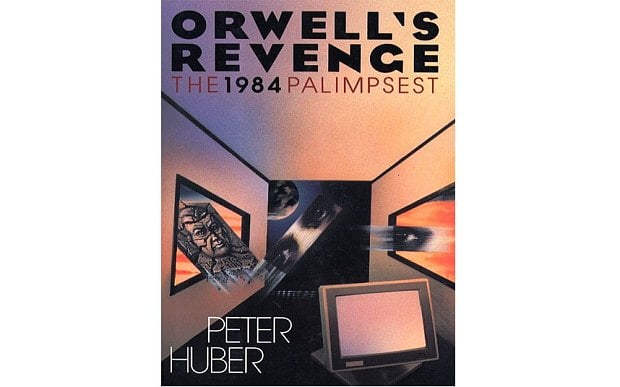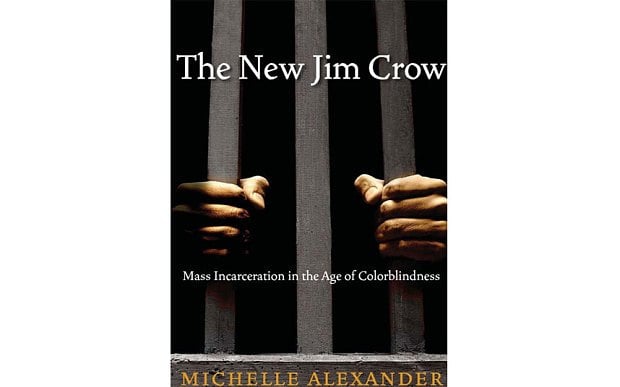Zuckerberg has a specific goal in mind as he reads new books this year. He wants to learn more about new cultures, beliefs, histories and technologies, and these categories help in deciding what books to read. Below are the first ten books in Zuckerberg’s Year of Books challenge.
1. The End of Power: From Boardrooms to Battlefields and Churches to States, Why Being In Charge Isn’t What It Used to Be by Moisés Naím
The End of Power looks at the way power has been shifting away from those who once held it almost without challenge or question. This includes power shifting from large corporations to small start up businesses, from governmental agencies to the common people, and from men to women. Power shifts can be beneficial, especially in areas where power was abused by those who previously held it, but Naim looks at the way power is actually fading. Naim’s carefully researched book takes a thought-provoking look at the potential dangers of the shifts in power in today’s world.
2. The Better Angels of Our Nature: Why Violence Has Declined by Steven Pinker
This intriguing book looks at the history of mankind and makes the surprising assertion that humanity has actually become less violent and is currently at its most enlightened point in history. Pinker makes this claim despite all the evidence we see on the news on a daily basis. This is an interesting book that gives hope that human beings can be better and seem to be continually headed in that direction.
3. Gang Leader for a Day: A Rogue Sociologist Takes to the Streets by Sudhir Venkatesh
This is the compelling story of Sudhir Venkatesh who, as a young sociologist, ventured to get an inside look at one of Chicago’s crack-dealing gangs. Venkatesh shows the unique struggles those in a gang face and how difficult it can be to get out of that way of life. What makes this story even more compelling is the unlikely friendship that Venkatesh and the gang leader known as JT develop.
4. On Immunity: An Inoculation by Eula Biss
Eula Biss, as a new mother, explores the conceptions people have about vaccinations for children, specifically exploring the question of why people fear vaccinations. It is an intriguing account of human fear and the metaphors associated with injections and the implications for both those who choose vaccinations and those who do not.
5. Creativity, Inc.: Overcoming the Unseen Forces That Stand in the Way of True Inspiration by Ed Catmull and Amy Wallace
This book was one of the most anticipated of 2014. Ed Catmull was one of the co-founders of Pixar with Steve Jobs and John Lasseter and is now the president of Pixar Animation Studios and Walt Disney Studios. Pixar’s ability to create great films for the last two decades, as well as their creative culture, have made them one of the companies that business leaders and creatives look to for insight on how to create better and develop a solid team structure. Creativity, Inc. is the accumulation of Catmull’s best advice to those who want to learn from Pixar’s success.
6. The Structure of Scientific Revolutions by Thomas S. Kuhn
This book, originally published in 1962, is a foundational text in the scientific community, which explores the processes of discovery in science. Kuhn saw scientific breakthroughs not as something gradual, but as something more revolutionary at the moment it occurs. This is an important book on the history of science.
7. Rational Ritual: Culture, Coordination, and Common Knowledge by Michael Chwe
Chwe’s book is an examination of the rituals that permeate different cultures and exactly what causes them to become rituals that people share. This is an intriguing look at the role of common knowledge in the development of rituals.
8. Dealing with China: An Insider Unmasks the New Economic Superpower by Henry M. Paulson
Paulson has played a uniquely influential role in China’s development into the economic superpower it is today. In Dealing with China, the former head of Goldman Sachs guides readers through the organization structure of business in China and how to best benefit from and work with China.
9. Orwell’s Revenge: The 1984 Palimpsest by Peter Huber
Peter Huber challenges the ideas that Orwell put forth in his novel 1984 because it’s so obvious now that Orwell was wrong about the role technology would play in controlling people’s minds. Orwell’s Revenge is both a rewriting of 1984 with Orwell himself (as Eric Blair) as the protagonist and a discussion of the key themes of Orwell’s book.
10. The New Jim Crow: Mass Incarceration in the Age of Colorblindness by Michelle Alexander
Michelle Alexander’s book looks at the continued racial divisions that still take place in our society. Though we should be in an unprecedented time of racial equality, Alexander argues that a racial caste system hasn’t been eliminated. It’s been redesigned. This is a remarkable book about the need to keep moving toward racial equality in American society. Featured photo credit: Mark Zuckerberg F8 Keynote/Brian Solis via flickr.com
